As anyone who grew up with the console knows, most NES games based on movies or TV shows were…terrible. Licensed games would eventually improve, but some of the worst licensed NES games are also often considered to be among the worst games ever made. Your memories of most of those titles have not betrayed you.
However, all of those terrible licensed games also shaped a dangerous and inaccurate narrative that suggested that every licensed NES game was bad. That couldn’t be further from the truth. In fact, some of the best NES games based on movies and TV shows aren’t just better than the competition but honestly deserve to at least be mentioned when we’re talking about some of the NES’ greatest experiences.
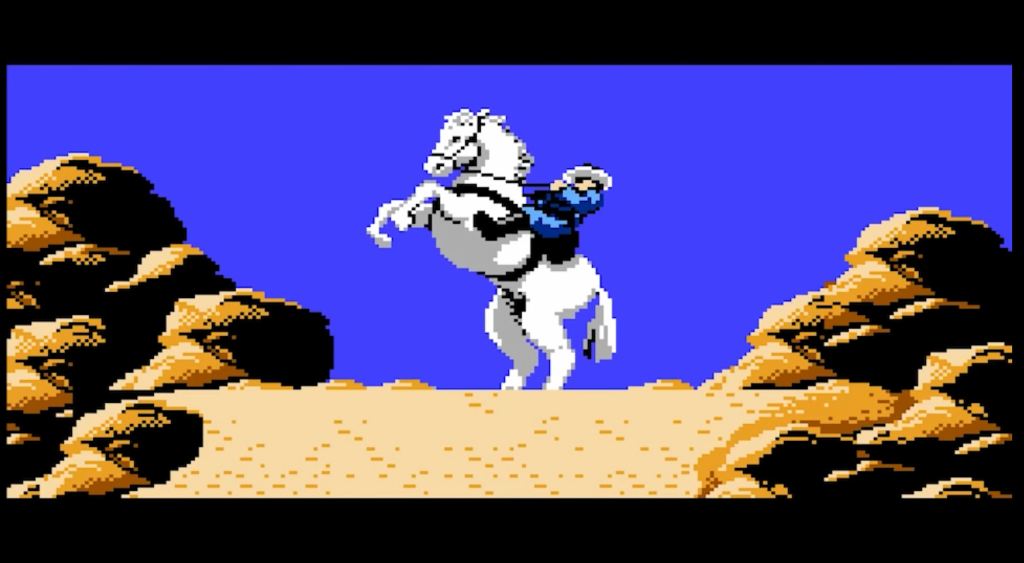
15. The Lone Ranger
Though there were a surprising number of NES games based on early TV shows, most of them…oh…how to put this? Well, they sucked. One of the notable exceptions to that rule was The Lone Ranger.
One of Konami’s most ambitious NES games, The Lone Ranger is almost RPG-like at times. The bulk of the game sees you navigate various environments as you interact with locals, visit shops, and complete quests. When you’re not participating in that aspect of the experience, you’re hunting outlaws (mostly) during side-scrolling, top-down, and even first-person action sequences.
While The Lone Ranger is rough around the edges, it’s an utterly fascinating experiment from a studio that was churning out hit after hit. Give this one a shot if you’ve ignored it for all the obvious reasons most people have historically ignored this one.
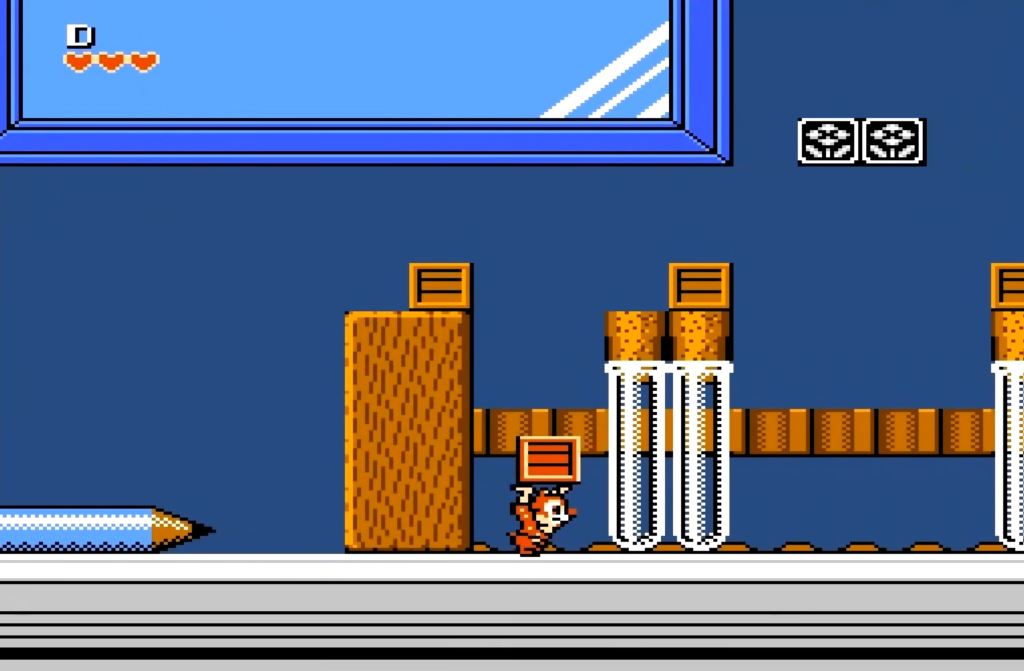
14. Chip ‘n Dale: Rescue Rangers
While this is ultimately one of the lesser games we got out of the Capcom/Disney relationship (we’ll be talking about quite a few of those games on this list), Rescue Rangers is a fantastic platformer from an era that produced some of the best platformers ever made.
Like so many of the Capcom games of this era, Rescue Rangers benefits from top-tier visuals, controls, and sound design. However, the ace up this title’s sleeve is actually its 2-player mode. While not a complete novelty at the time, Rescue Rangers was one of the rare cooperative NES games that were actually worth playing. Its simple and satisfying levels proved to be the perfect backdrops for an accessible 2-player experience that still feels satisfying today.
This is one of those games that people tend to have fond memories of, and for good reason. It’s a fundamentally enjoyable artifact of a pretty pure era of gaming.
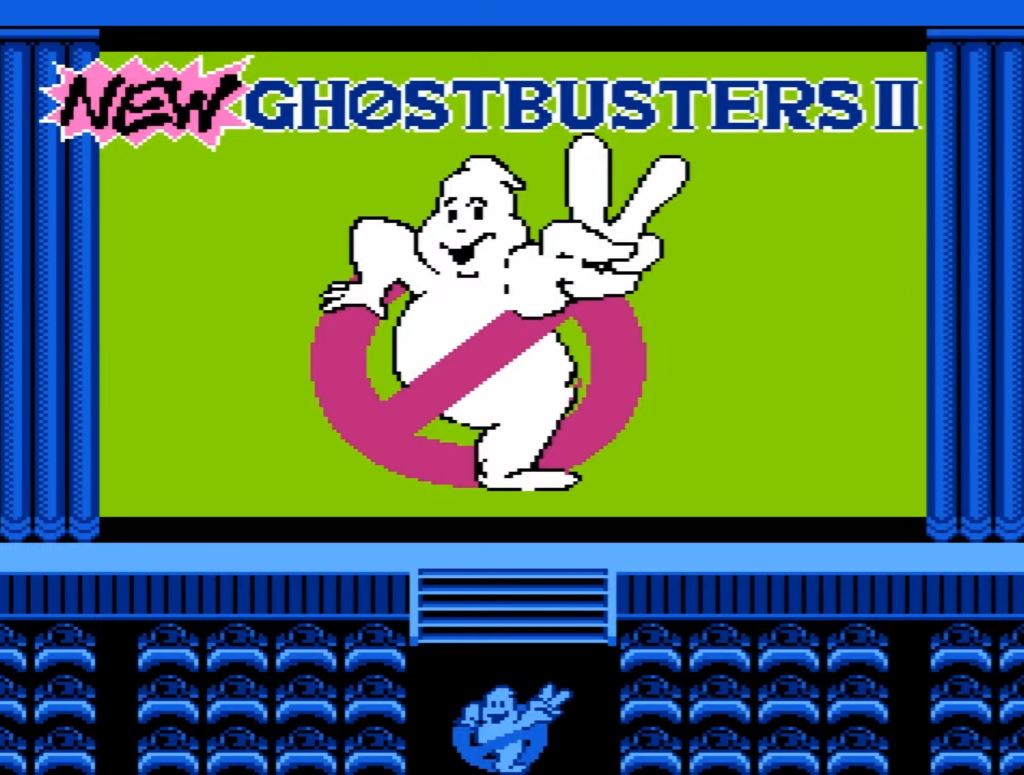
13. New Ghostbusters 2
You may know about the sad history of early Ghostbusters games. What you may not know is that the NES actually did get a pretty good Ghostbusters game that was sadly never released in the U.S.
Loosely based on the second Ghostbusters movie, New Ghostbusters 2’s brilliance is found in its simplicity. It’s a top-down horror(ish) shooter with light exploration elements. In other words, it’s pretty much exactly what the other Ghostbusters games of this era should have been.
While this title is certainly elevated by its weak platform competition, it’s a solid adaptation in its own right. It’s also the kind of game that makes you wonder how so many other developers of this era botched so many licensed games that seemed like slam dunks.

12. Star Trek: 25th Anniversary
It feels like this game (or at least the NES version) has been all but forgotten over the years, and I’m not entirely sure why. Granted, it’s pretty rough in spots, but given how many sub-par Star Trek games we’ve endured over the years, I’m shocked this one doesn’t enjoy a slightly more favorable legacy.
Star Trek: 25th Anniversary is essentially a StarTropics-like game starring the Original Series crew. It’s an NES adventure title that features bridge sequences, an overarching narrative that is broken up into episodic sequences, and away team missions. It’s that last aspect of the game that stands out to me all these years later. I understand why so many future Star Trek games focused on bridge-based action, but there’s something about exploring exotic planets with Kirk, Spock, and the crew that really scratches a nostalgic itch.
While this game is surprisingly confusing at times, it’s got enough going for it to justify pulling up a guide from time to time to see it through to the end.
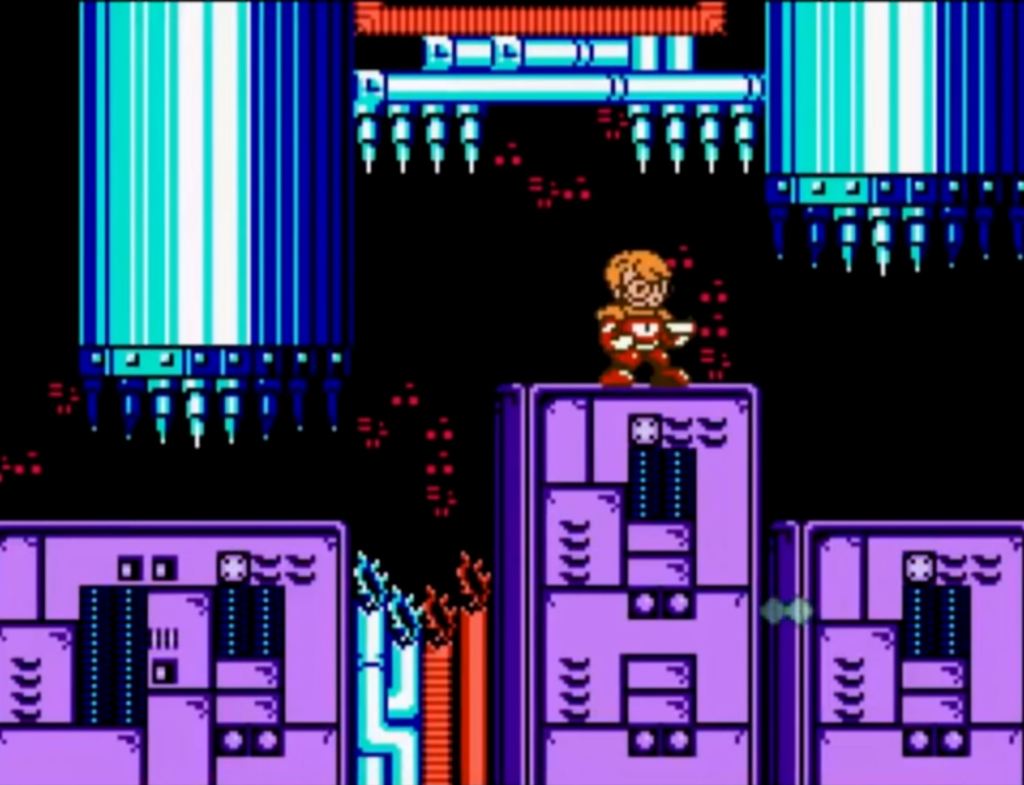
11. Bucky O’Hare
Released at a time when Konami could do little wrong, Bucky O’Hare is that rare licensed NES game that has arguably outlived the TV show (and comic book) it was based on.
Released in 1992 towards the end of the NES’ mass market lifespan, Bucky O’Hare benefited from everything that Konami (and others) had learned about the console by that point. It’s an incredibly beautiful game that also happens to boast a fantastic soundtrack and refined action controls. Granted, it’s not the most original game on the NES (or even on this list), but this really does feel like Konami’s swan song title for the NES in all the best ways.
If you can get past this game’s surprisingly high difficulty (which is brutal even for its era), you’ll find that it’s one of the better examples of a genre that the NES was rightfully famous for.
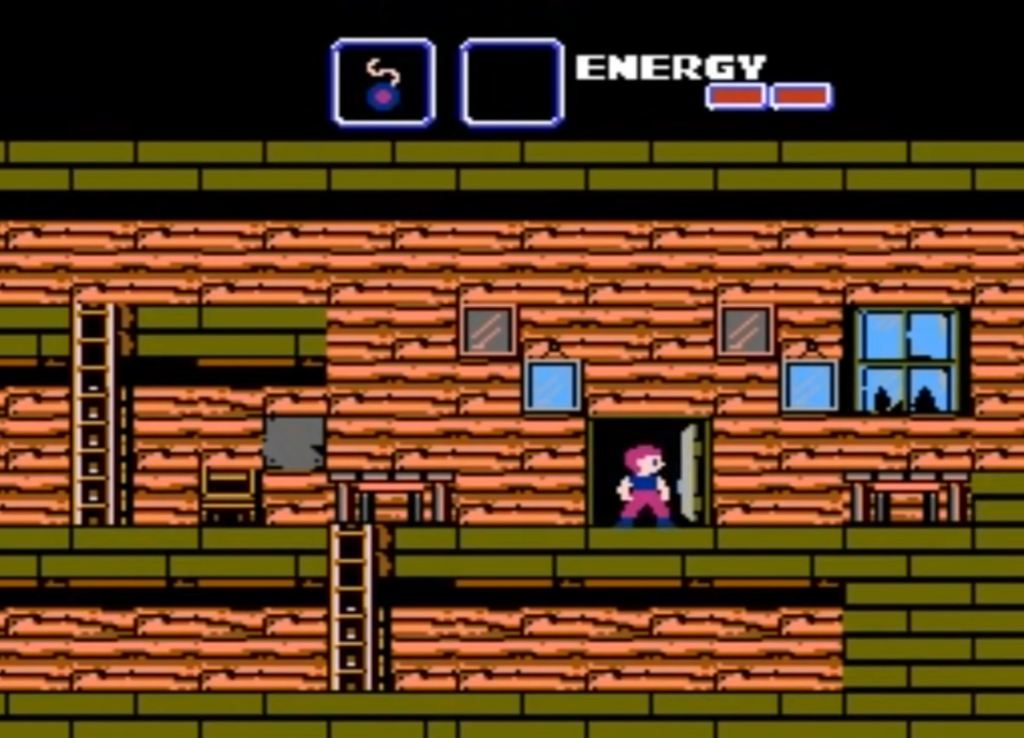
10. The Goonies 2
Konami strikes again!
Everything about The Goonies 2 is weird. Even its name doesn’t make sense at a glance. In case you’re wondering, it’s actually a sequel to a previously released Goonies game as well as a soft sequel to the original film. It’s light on plot elements, though, so don’t expect any major Goonies lore revelations.
Yet, the strangest thing about The Goonies 2 is its structure. It’s basically an open(ish) world adventure title with a ton of Metroidvania elements. Much of the sees you slowly acquire and use special items to open new paths and safely explore previously hostile areas. In other words, it could be considered Konami’s early attempt at the “Vania” portion of the Metroidvania genre. It also features some surprisingly advanced first-person sequences that add even more variety to a game not exactly hurting for fresh things to do.
Granted, this game is a very rough draft of an ambitious idea. Its interface is a little rough around the edges, and you will likely need a good guide to stand a chance of figuring it out. Even still, this is an impressive example of a major early developer deciding to take a massive swing.
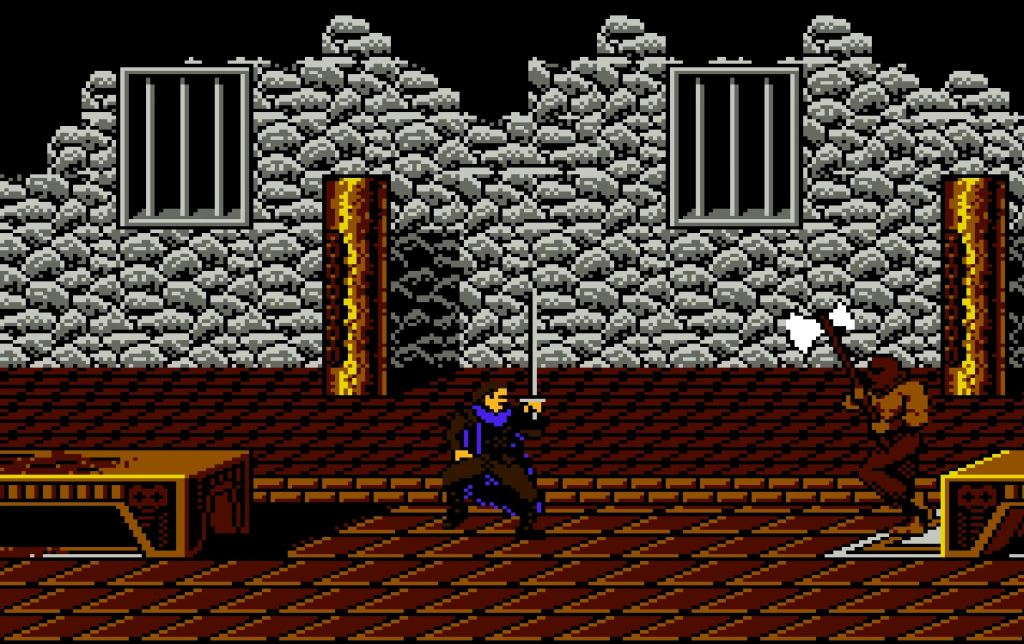
9. Robin Hood: Prince of Thieves
Based on the Kevin Costner film of the same name, Robin Hood: Prince of Thieves didn’t exactly set the gaming world on fire upon its 1991 release. If you weren’t subscribed to Nintendo Power at the time, you probably didn’t even know it existed. That’s a shame, because this game is so much more interesting than it ever seems to get credit for.
Robin Hood: Prince of Thieves is actually a top-down ARPG that features many of the ideas we now associate with that prolific genre in a post-Diablo world. You can even equip various pieces of gear you find in the world. Granted, this game doesn’t quite nail the elements that eventually made that genre so compelling, but that’s also because Robin Hood isn’t just an ARPG. It also offers side-scrolling duels, and a strange unit-based “melee mode” that kind of feels like an arcade version of a strategy RPG title.
At a time when the majority of licensed games were indeed soulless cash-ins, Robin Hood: Prince of Thieves was (and remains) a true gem.
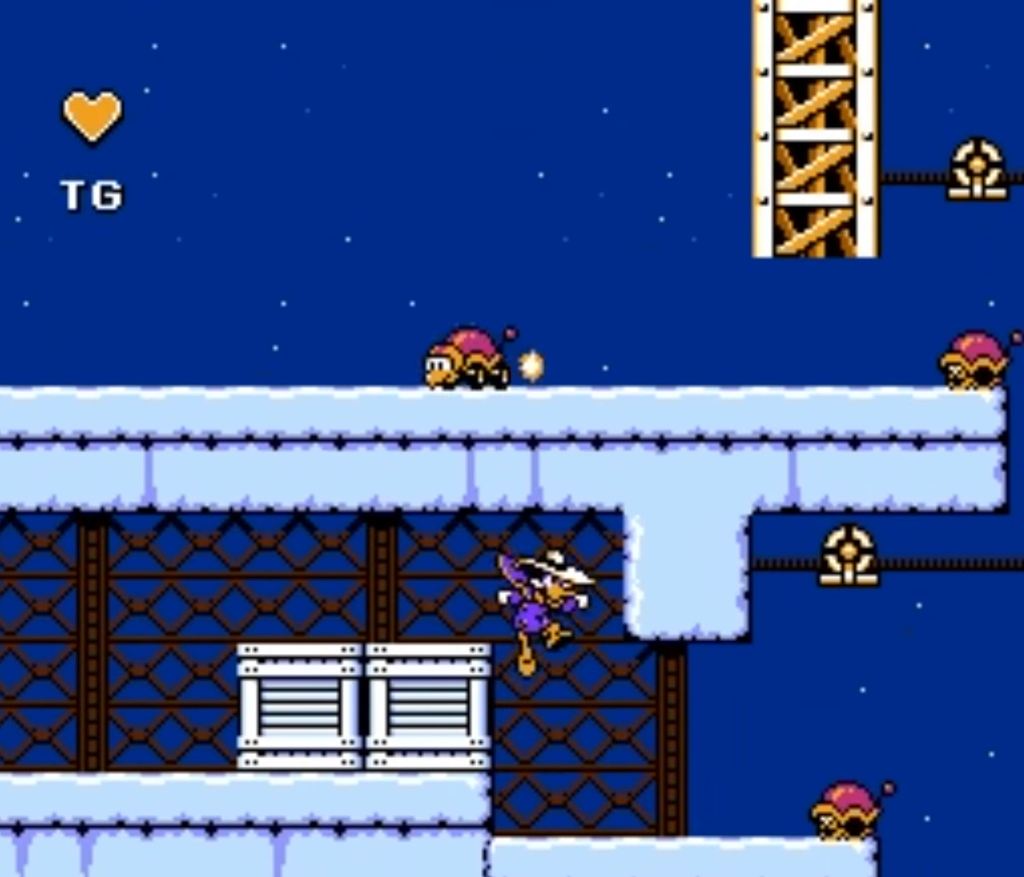
8. Darkwing Duck
Darkwing Duck combines two things that developer Capcom did very well during the NES era: Disney properties and Mega Man-like experiences. While some critics initially knocked this title for its lack of originality, modern gamers can probably appreciate how everything about that formula sounds pretty amazing.
Darkwing Duck is actually much more forgiving and significantly less complicated than the NES Mega Man games. However, its relative simplicity is actually part of its charm. This game isn’t a cakewalk, but it does allow you to experience a slightly more generous variation on that timeless gameplay formula that also incorporates some Bionic Commando/Ninja Gaiden-like action-platforming elements. Like the other Capcom-made Disney NES titles, Darkwing Duck also looks and sounds fantastic.
At a time when most licensed NES games really should have just been licensed versions of better titles, Darkwing Duck offers pretty much exactly what you’d expect from it given its impressive pedigree.
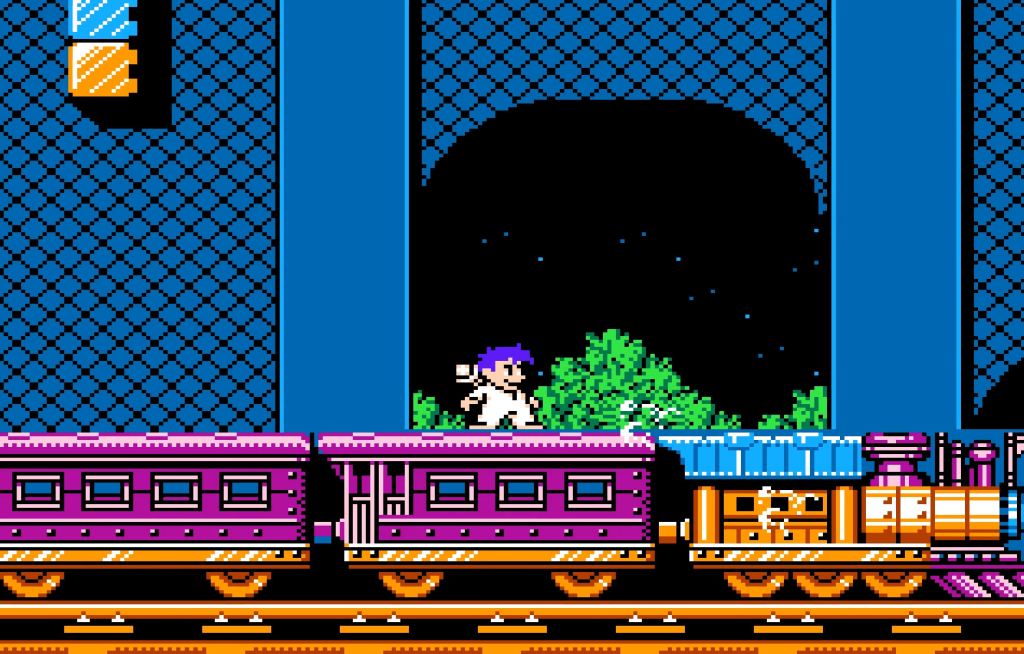
7. Little Nemo: The Dream Master
In case you didn’t know, Little Nemo is actually based on a Japanese animated film (and the comic that inspired that movie). While that movie hasn’t really found much of an international audience in the years since its release, The Dream Master has gone on to become one of the NES’ great cult classics.
Little Nemo is one of those NES games that managed to convert pure imagination into 8-bit visuals and chiptune sounds. Its top-tier level design makes every new screen an adventure, and its creative ability-based gameplay ensures that otherwise familiar platforming and combat elements never entirely succumb to a routine.
While Little Nemo remains one of the NES’ most surprisingly difficult games, it’s otherwise the kind of title you return to when you want to be reminded of the things that made the NES era so special.
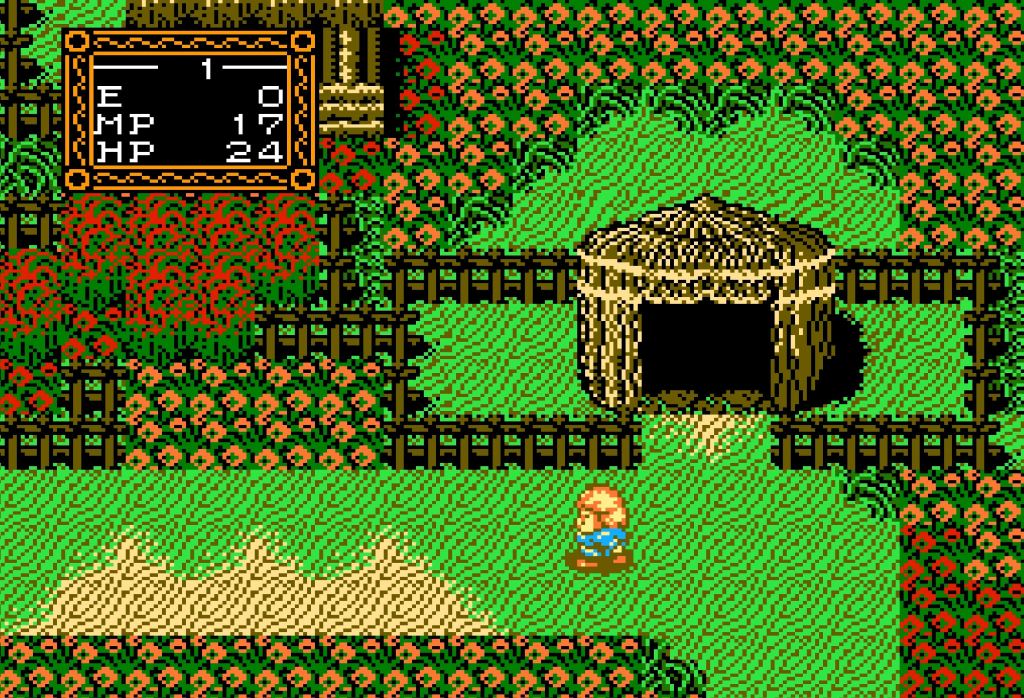
6. Willow
While the good people of the internet (you know who you are) have helped the NES version of Willow find something of a following over the years, this game is not nearly as well-known as it should be. After all, it’s basically Capcom’s attempt at making a Zelda-like experience for the NES.
Actually, Willow’s use of an XP system makes it much more RPG-like than the early Zelda titles were. It’s actually a bit closer to the eternally underrated Crystalis in that respect. For the most part, though, those RPG elements are there to enhance the combat portions of what is otherwise an incredibly well-made top-down adventure title.
Willow fans will hate me for this, but I’d go so far as to argue that this game may be the best thing to come out of the entire Willow property. It’s an exceptional experience that probably would have performed better if the movie it was based on had also performed a bit better in its day.
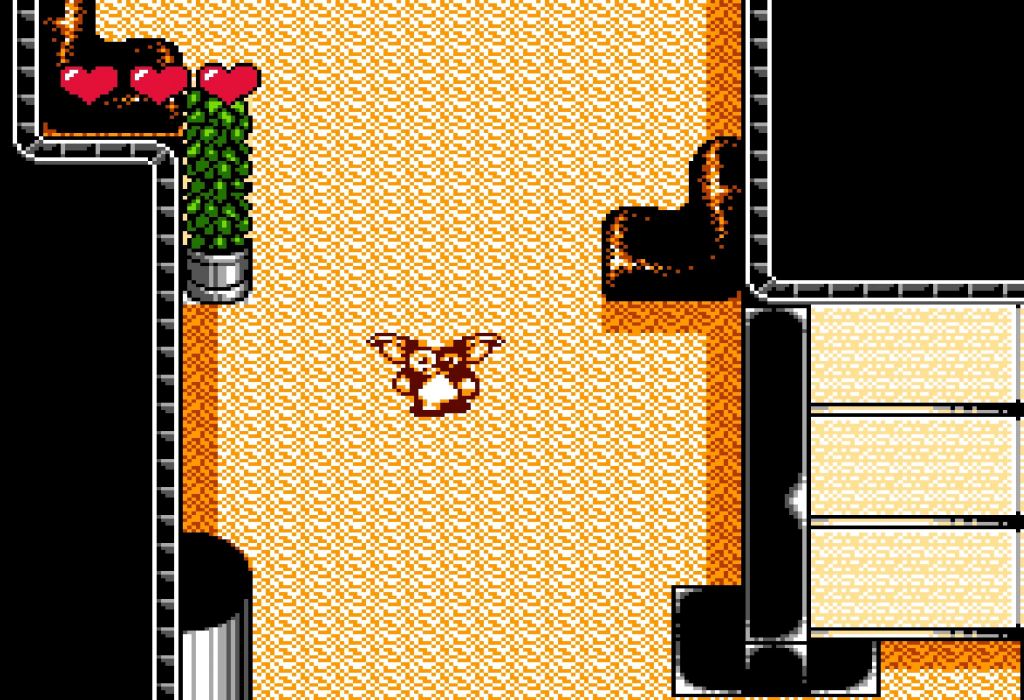
5. Gremlins 2: The New Batch
There’s nothing quite like the Gremlins 2 movie, so it stands to reason that there would be nothing quite like the Gremlins 2 game.
Gremlins 2’s gameplay offers a facsinating blend of top-down adventuring and side-scrolling-style action (though you never actually leave the top-down perspective). It’s actually one of the best examples of a top-down action/platforming game in the entire NES library. The controls are tight, the levels are creative, and the action is surprisingly engaging for a game that isn’t necessarily trying to emphasize that aspect of the experience.
However, what really elevates this title is its presentation. Seriously, Gremlins 2 features one of the best NES soundtracks ever, and its graphics and visual design elements are nearly as good. Nearly every aspect of this game represents the very best of several categories, which makes it all the more strange that it remains largely obscure.
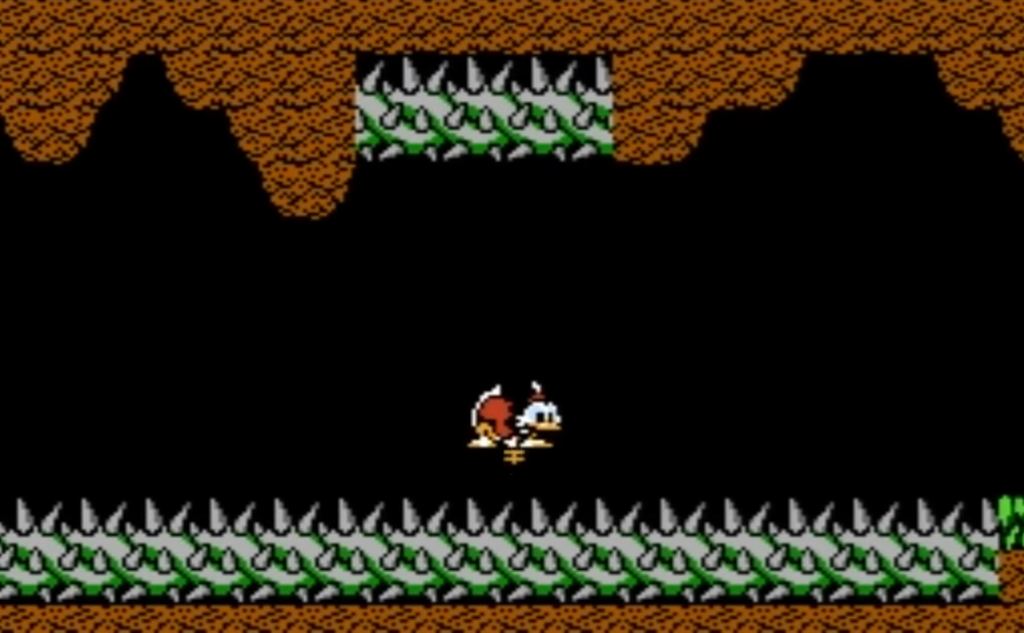
4. Ducktales
Ducktales is the absolute peak of Capcom’s impressive run of Disney-based NES titles. Though it was successful and critically praised in its day, it has since gone on to be considered one of the absolute best NES games.
In some ways, Ducktales is indeed the ultimate NES platformer. It’s a challenging, but accessible, 2D title that balances its action and platforming elements in a way that ensures each aspect of the game perfectly complements the other. Of course, it also benefits from some of the greatest NES soundtracks ever recorded as well as a visual style that captures the heart and personality of the show it’s based on.
At a time when too many licensed games were rightfully viewed as heartless cash-ins, Ducktales proved how the right blend of property, developer, and concept could produce gaming magic.
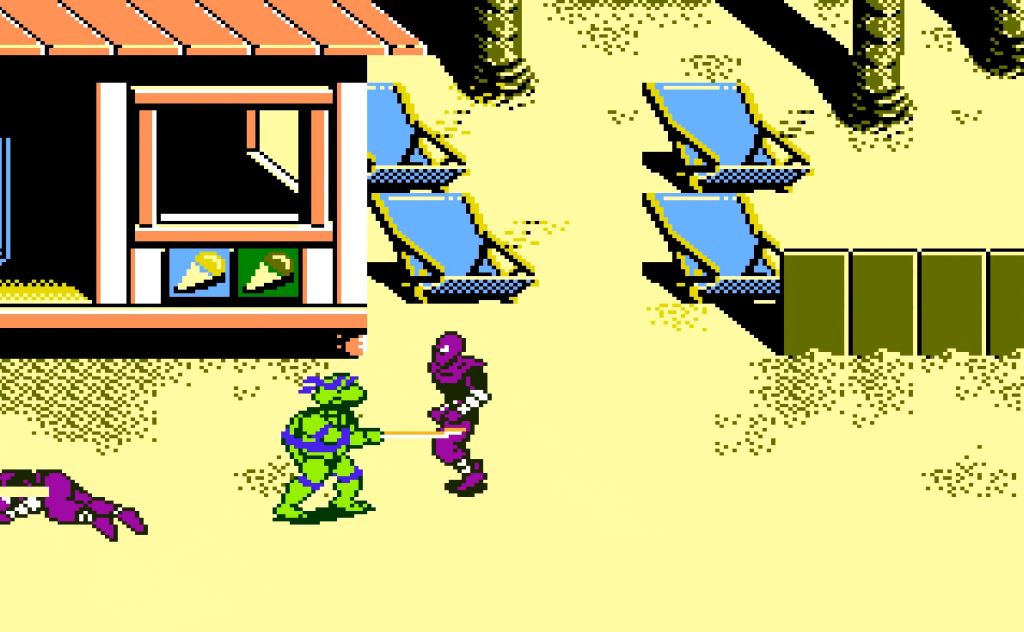
3. Teenage Mutant Ninja Turtles III: The Manhattan Project
You knew a TMNT game was going to appear on this list, but why Manhattan Project over Teenage Mutant Ninja Turtles II: The Arcade Game? Well, it ultimately came down to the ways this game’s platform exclusivity allowed its developers to really swing for the fences in a few key areas.
Manhattan Project is a beautiful beat-em-up that feels a bit more visually cohesive than the previous game did. While its gameplay is ultimately also fairly similar to the previous game, everything here feels so much tighter, which allowed the developers to raise the difficulty to a welcome (yet manageable) degree.
Ultimately, though, this is an old-school TMNT beat-em-up, which means that it’s on the shortlist of the best console beat-em-ups ever made.
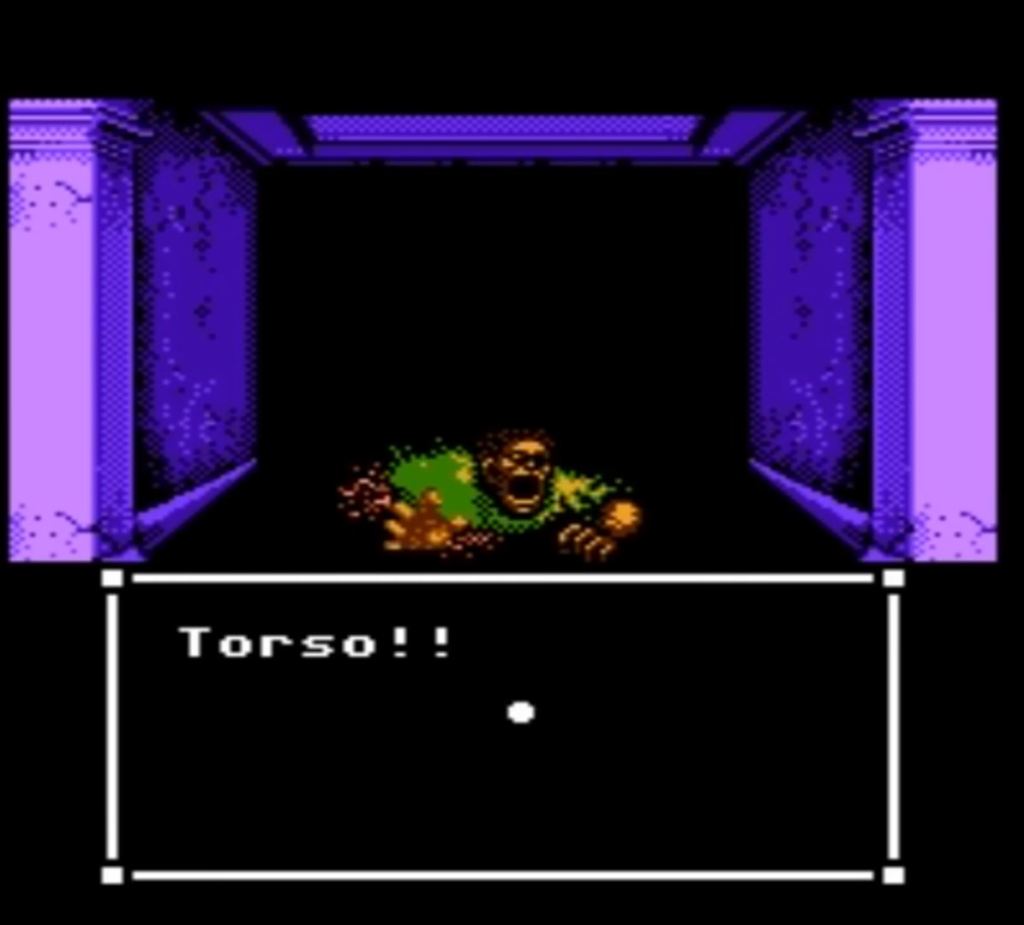
2. Sweet Home
The story of Sweet Home is arguably more famous than the game itself. Based on a somewhat obscure Japanese horror film of the same name, Sweet Home is best known for being the spiritual predecessor to the Resident Evil franchise.
However, I think that too many people are too quick to boil the game’s legacy down to that “Did you know?” factoid. The truth of the matter is that Sweet Home is very much its own thing as well as one of the best horror RPGs…well…ever. It’s legitimately creepy for an NES title, and its use of multiple characters (as well as their unique abilities) opens up the kind of complex gameplay possibilities that we’re simply not used to seeing in an ‘80s console game.
Sweet Home really is one of the NES’ most ambitious, intriguing, and, ultimately, enjoyable titles. It’s a shame that we didn’t get more games that followed in its footsteps a bit more closely or even just a wave of modern “fan tribute” titles that aim to improve upon its best ideas.
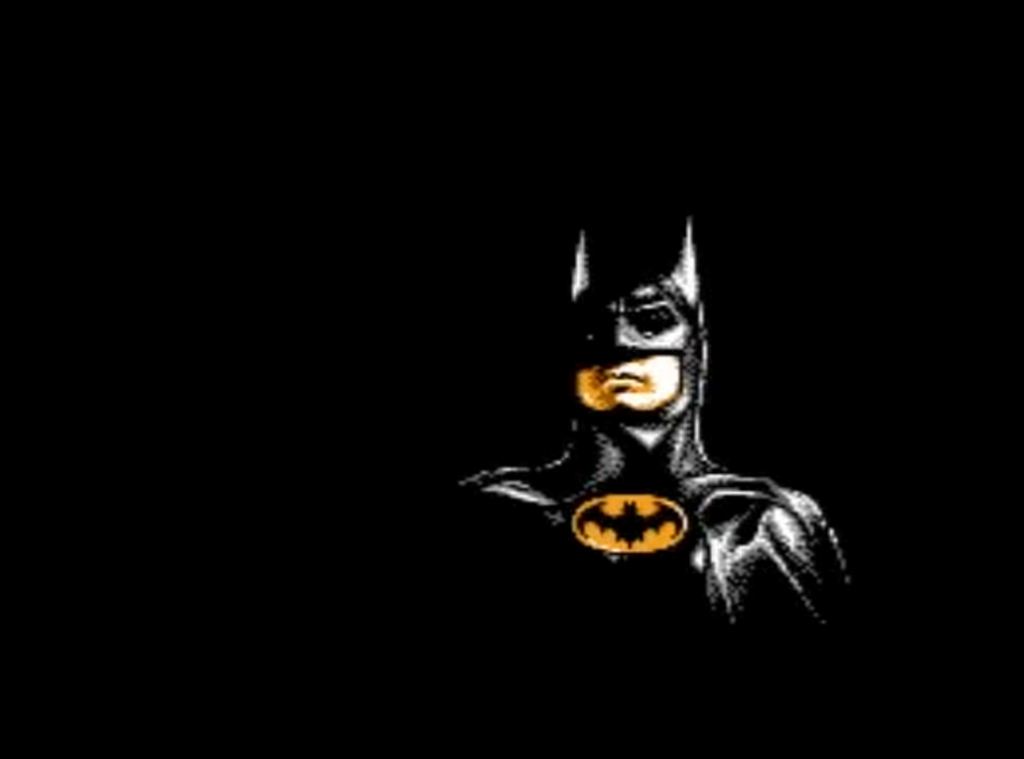
1. Batman: The Video Game
You could make the argument that Batman is the best overall action game released for the NES. I know that puts this title in some pretty elite company, but Batman really does belong in that incredibly difficult conversation that we may weigh in on another day.
For the purposes of this list, though, I must say that the thing that impresses me most about Batman is how it translates its source material. Namely, I keep thinking about the ways that Batman captures the spirit of the Tim Burton film while repurposing that movie’s best presentation elements to fit the NES. This title pushes the console to its technical limits in order to offer an experience that feels positively blockbuster. Yet, it never sacrifices gameplay in order to achieve that goal.
While Batman is notoriously difficult, those with the ability to overcome this game’s many hurdles will find a game that exceeds every expectation.
